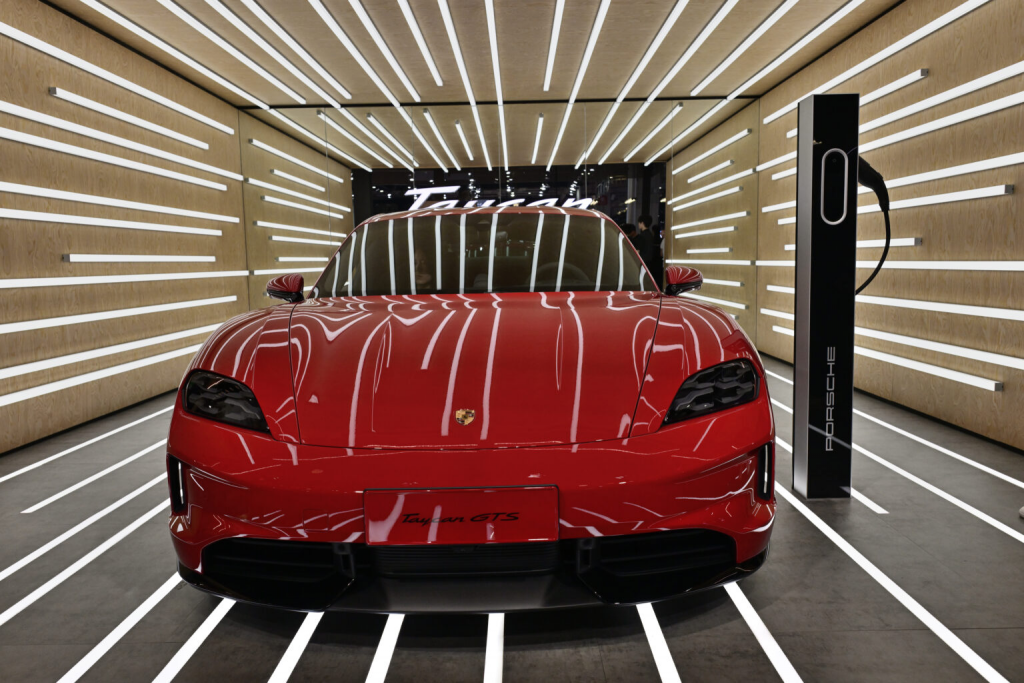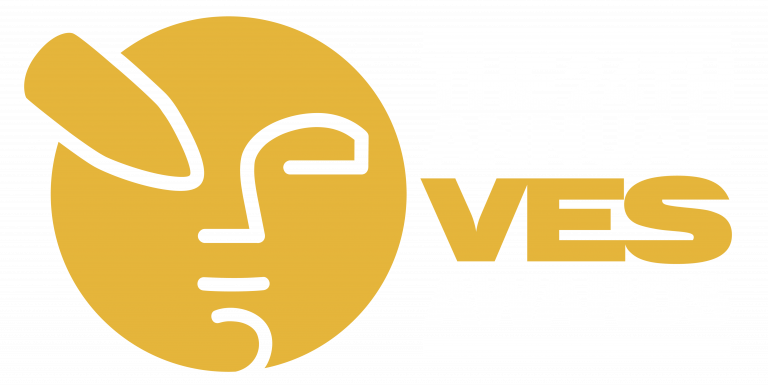
The battle over car infotainment systems and radio broadcasts has taken a sharp turn. Neal Ardman, owner of Georgia-based NIA Broadcasting, sent a cease and desist letter to Volkswagen Group of America. He claims its vehicles override station metadata and misrepresent what listeners see on their dashboards. As a result, the dispute raises questions about consumer trust, advertising rights, and public safety.
Porsche Taycan Sparks the Dispute
Ardman’s concerns began with his own Porsche Taycan GTS, manufactured by VW. He noticed that display data sent from his stations via RDS and HD Radio was replaced by the car’s onboard metadata service. Instead of showing accurate artist and song information, the system matched content to its own database. Ardman argues that database is often outdated or incorrect. Moreover, the issue extends beyond music. His stations use metadata to deliver ads and public service alerts, including a missing child notice in Kingsland, Georgia. While the alert appeared on most vehicles, it failed to display on the Taycan.
The implications go far beyond one car model. Ardman insists that blocking or altering broadcast metadata amounts to “unauthorized manipulation” and possible FCC violations. He also warns that advertisers lose visibility when their spots disappear from certain dashboards. Consequently, the practice raises questions about whether automakers should filter or replace broadcast content. “It’s a slippery slope,” Ardman told Radio World. He compared the practice to a TV manufacturer covering up ads during a program.
Legal Action Looms Over Volkswagen
Ardman’s letter, dated November 7, demands written confirmation from VW within 10 days. He asked for details on affected models and a corrective timeline. If the company refuses to respond, he plans to file a federal lawsuit. For now, VW and Porsche have offered no comment. Broadcasters and industry observers, therefore, are waiting to see if this dispute sparks broader regulatory scrutiny.
In the end, the controversy highlights growing tension between traditional broadcasters and modern infotainment systems. As cars become more connected, the question of who controls dashboard information grows more urgent. Ardman’s challenge to Volkswagen may mark the beginning of many battles over how radio adapts to the digital era.








